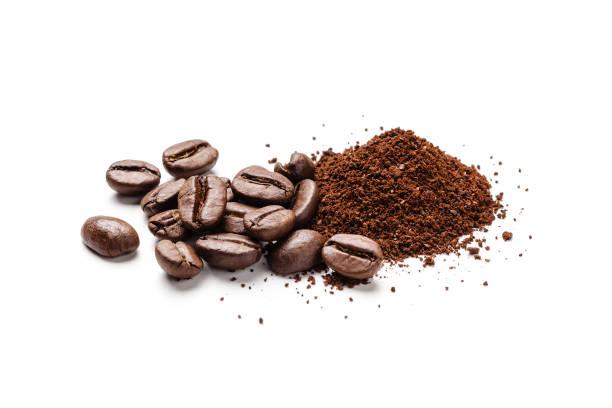
Coffee beans are roasting to create coffee. In absence of roasting, they’re just a bean. While the beans may possess all the distinct characteristics that we are familiar with in coffee, it does not possess the flavor until it is roasted.
Coffee beans before roast
Beans are not coffee beans. These beans are seeds of a purple or red fruit similar to the cherry. They are part of the same coffee plant. The term “coffee beans” is used to refer to as beans due to their appearance and resemblance of a traditional bean. The coffee bean in its raw form is green and appears fresh.
There are two types of coffee beans: Robusta and Arabica. Are you aware of the distinction? It is normal, but not always, to make use of Arabica beans. In general, Arabica coffee beans are higher quality than Robusta coffee beans. They also have less caffeine.
Roasting coffee beans
From the green bean’s early days to the glossy brown bean we’re familiar with เมล็ดกาแฟ go through an intense transformation process during roasting, changing both the physical and chemical components of the coffee bean.
To get the most flavor from coffee beans, they’re roasted. Roasting coffee is a complicated process that is able to be tailored to the preferences of the roaster. Varying the timeframes and temperatures of the roasts, allows roasters to satisfy the requirements of a variety of flavor palettes.
Roasting coffee beans The art of roasting coffee beans
In a way roasting coffee beans may be a subjective process. Although there are many methods that can be used, they all are evaluated based on the taste of the coffee beans. The method used for roasting coffee beans is based on the length of time you cook (roast) them for, which determines the overall color and taste.
Although the latest equipment and facilities could provide you with an advantage, knowledge about coffee is what makes coffee really unique. There is a possibility of obtaining an entirely different outcome based upon what you want. Therefore, it is essential to utilize your senses and experiences.
Understanding the origin of the coffee bean the processes of roasting and recognising the behaviour of the beans throughout the coffee roasting stages can often be coffee roaster’s most powerful tool.
The Science of roasting coffee beans
The process of roasting coffee beans goes beyond than just the individual’s expertise and the application of the latest technology. This science is necessary for coffee beans to be to be roasted.
There are two types of coffee that are roasted: volatile and nonvolatile. The volatile components contribute to the aroma, whereas the non-volatile elements contribute to the flavors we associate with coffee, like sourness or bitterness (often determined by levels of caffeine).
The process of roasting involves range of exothermic and reactions. In the exothermic phase the energy is absorbed into the form of heat; it’s at this point the coffee beans lose moisture, change in colour and release bread-like aromas.
In the exothermic phase energy is released in the form of heat (in this instance steam). After the moisture in the coffee beans has evaporated, the heat is released via exothermic means. The coffee bean may break or pop when it is broken. By now the coffee bean has begun to reveal its authentic scents and flavors and also acquiring the rich brown colour we all recognise.
Coffee: Roasted
The roasting process is what makes coffee coffee. So, in answer to the question : why roasting coffee beans?’ it’s quite simple. In the previous article, the เมล็ดกาแฟ must undergo several roasting processes in order to produce the coffee we know and love, otherwise it’s fairly useless.
The answer could also be related to one’s fascination with the research and the art behind the processes. It could also be answered by stating that demand for coffee is on the rise and therefore, the coffee beans must be roasted to meet the rising demand.
We don’t care what other people think, we’re happy that someone has decided to play with some in a pot over flames.
Leave a comment